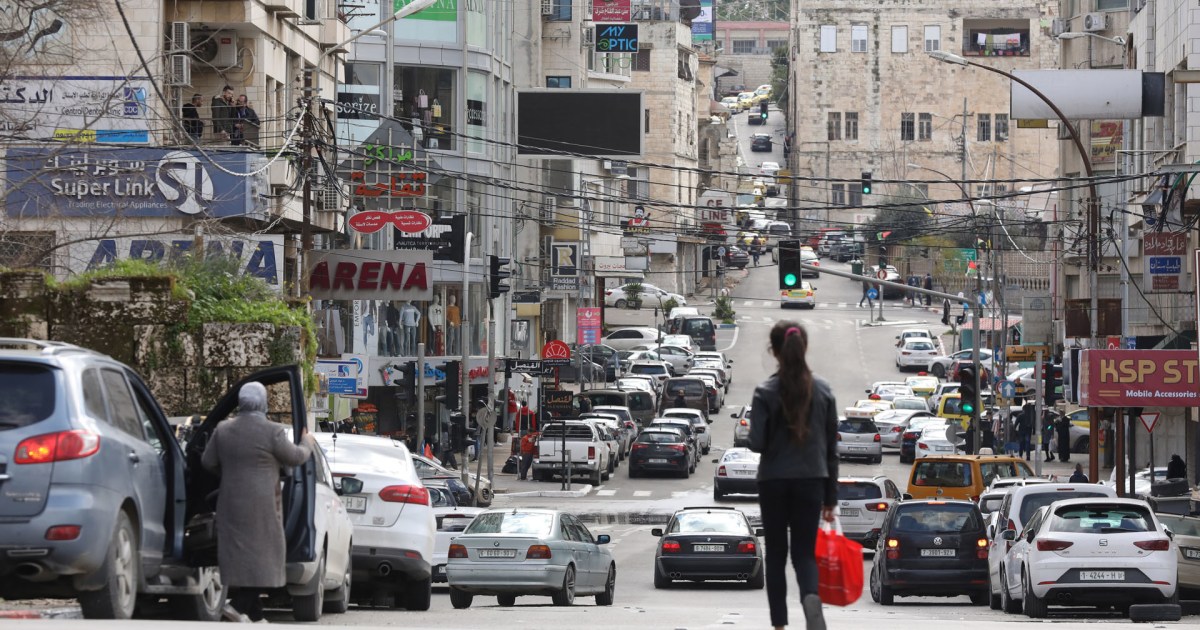How effective are the new closures in a number of countries of the world to besiege the emerging corona virus, Covid-19, and can this measure reduce injuries and deaths?
The short and direct answer is yes. Imposing the closure is an effective and necessary measure to control the Corona epidemic, according to the currently available data.
There are several studies that support this, such as a study conducted by researchers from the University of Western Australia (THE UNIVERSITY OF WESTERN AUSTRALIA) and published last November, which concluded that strict lockdown is the most effective against the spread of "Covid-19".
The researchers found that a strict lockdown of South Australia is likely to be the most effective strategy to contain the spread of "Covid-19" and then reduce it.
Lead researcher Professor George Milne from the Department of Computer Science and Software Engineering at the University of Western Australia said that the study showed that an early and resolute response to the outbreak of the Coronavirus has significantly reduced the spread of infection, hospitalizations and death rates.
Such measures have been shown to reduce the growth rate of the epidemic, and the resulting pressure on health care resources.
"The results demonstrate how important the timing of the lockdown activation is, as the slow response allows the rapidly increasing numbers of cases of coronavirus to spread rapidly among the population, before more aggressive social distancing measures begin to be applied," he added.
Professor Milne said that there is a huge challenge in responding to the second wave of "Covid-19" cases, as governments hesitate to implement strict lockdown measures due to the resulting economic impact.
You saved lives
According to a Reuters report published last November, studies indicate that the closures to tackle the Corona virus have saved lives.
Reuters quoted international studies that concluded that the closures may have saved millions of lives.
Two experts, Dr. Elizabeth Stewart, Associate Dean of Education at the Johns Hopkins Bloomberg School of Public Health, and Dr. Stuart Ray, an infectious disease expert at the Johns Hopkins University School of Medicine, told Reuters that closures reduce corona transmission.
They noted that a "more targeted" or "relatively more" approach to restrictions could reduce infection risks, while balancing other concerns about the economy and mental health.
Ray pointed to evidence indicating that the spread of the SARS-CoV-2 virus that causes Covid-19 is being mitigated by "strict, gradual measures," such as stay-at-home orders.
The Reuters report concluded that while more restrictive measures - aimed at controlling the spread of the Coronavirus - could have an impact on income and mental health, multiple studies indicate that stay-at-home orders and other non-pharmaceutical interventions have a critical role in limiting virus transmission.
Experts highlight that a "more targeted" approach rather than a "nationwide" lockdown can limit the impact of the epidemic, balancing other economic, health and social concerns.
What is the position of the World Health Organization on "lockdowns" as a way to fight "Covid-19″?"
The World Health Organization says on its website that widespread physical distancing measures and movement restrictions - often referred to as "lockdowns" - can slow the transmission of "Covid-19" by limiting contact between people.
However - the organization says - that these measures can have a profound negative impact on individuals and societies by virtually stopping social and economic life, and these measures affect disadvantaged groups, including the poor, migrants, internally displaced persons and refugees who often live in overcrowded and lacking places. Resources, and depend on daily labor for subsistence.
The World Health Organization recognizes that at certain points some countries have had no choice but to issue stay-at-home orders and other measures to buy time.
The organization says that governments should make the most of the extra time "lockdown" measures give by doing everything they can to build their capacity to detect, isolate, test and care for all cases, track and quarantine all infections, and more.
The organization concludes by saying, "It hopes that countries will use the targeted interventions when necessary, based on the local situation."

